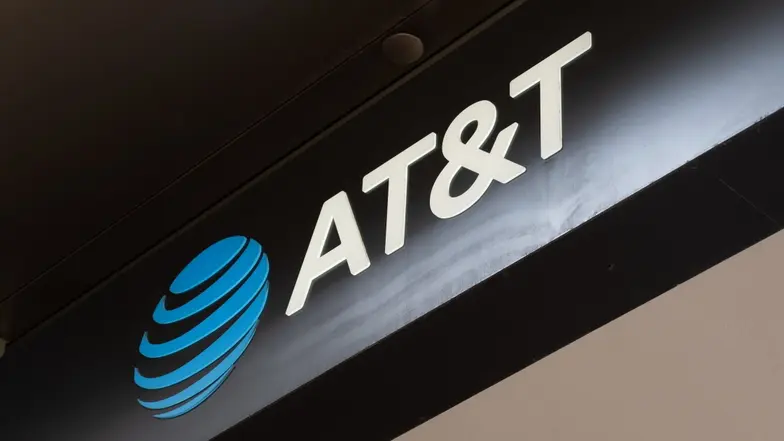T4K3.news
Court keeps T-Mobile location data fine in place
A federal appeals court rejected T-Mobile's bid to overturn the $92 million FCC penalty over selling customer location data.

A federal appeals court rejects T-Mobile's bid to overturn a $92 million FCC penalty while rulings for AT&T and Verizon remain pending.
T-Mobile claimed selling location data without consent is legal-judges disagree
An appellate panel in the District of Columbia Circuit rejected T-Mobile’s bid to overturn a $92 million penalty issued by the Federal Communications Commission over selling customer location data to third-party firms without proper consent. The FCC had fined T-Mobile, along with AT&T and Verizon, for sharing real-time location information that could reveal sensitive details about customers dating back to 2018. The decision, handed down on Friday, emphasizes that location data forms an intimate record of a person’s movements and that safeguards to prevent improper access were not adequately implemented.
The ruling notes that bad actors exploited the system and that even after becoming aware of abuses, the carriers continued to sell location information for some time without stronger safeguards. While the DC Circuit’s decision directly impacts T-Mobile, the outcomes for AT&T and Verizon remain pending. The case underlines the high regulatory stakes for telecoms when dealing with highly sensitive data and the standards courts apply to consent and data protection.
Key Takeaways
"Every cell phone is a tracking device."
Opening line of the DC Circuit ruling on location data
"Several bad actors abused Sprint and T-Mobile's programs to illicitly access CLI without the customers' knowledge."
Ruling notes misuse of location data sharing
"This decision sends a message that data protection is a public trust, not a profit center."
Editorial reaction to the ruling
The decision reinforces how courts view consent as central to data sharing and how location history can be treated as highly sensitive information. It signals that regulators will push for stronger safeguards and clearer standards on consent and verification. As the other two carriers face separate rulings, the broader privacy landscape could see tighter rules and higher penalties for data brokers and mobile providers.
This case also reflects a broader regulatory trend where privacy protections are tested in courts before they become formal policy. For telecoms, the implications go beyond fines: the ruling heightens scrutiny of everyday data practices and could influence how firms design product features, marketing, and partnerships in a data-driven economy.
Highlights
- Your phone is a map of a life
- Consent should mean more than a checkbox
- Privacy is not a product for sale
- A tracking history tells a life story
Privacy and regulatory risk
The ruling highlights privacy concerns around location data and could spur greater regulatory scrutiny of telecoms. The outcome for AT&T and Verizon remains unknown, potentially widening or narrowing the overall impact on consumer protections.
Privacy rules will continue to shape how tech and telecoms operate in everyday life.
Enjoyed this? Let your friends know!
Related News

UK mandates new online safety regulations
Democrats oppose FBI tracking Texas lawmakers

AT&T CEO issues strong message on employee engagement

Fort Stewart Shooting Suspect Identified

Online safety act tests privacy and tech sector

AT&T Data Breach Settlement Sets Payouts Up to 5,000

Body quirks draw online attention

Android 16 QPR2 boosts on device AI controls
